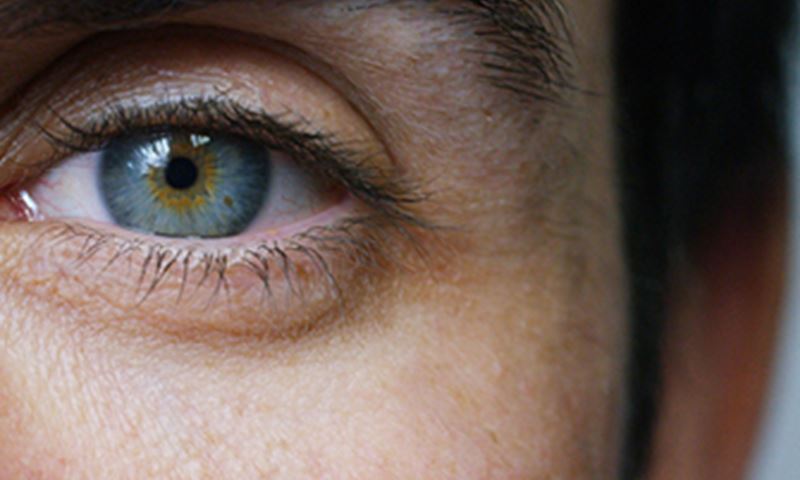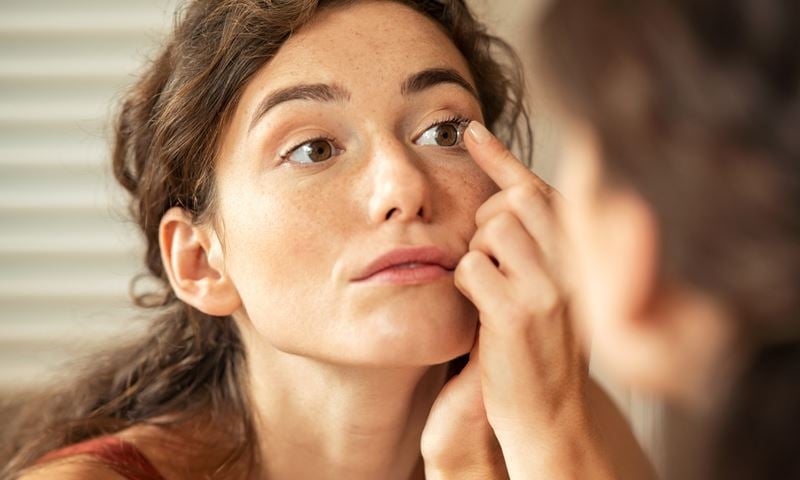Published 11 Jan 2022
What is it?
Ocular hypertension simply refers to the pressure in the eye being above the normal range. Just like we all have blood pressure fluctuating in our body, we also have pressure in our eyes. A clear fluid is naturally produced and drained inside the eye, resulting in this pressure.
What are the symptoms?
In most cases there are no noticeable symptoms of ocular hypertension, making it difficult to detect by the person experiencing it. However, if the eye pressure gets extremely high it can cause symptoms of an eye ache, redness and blurry vision.
Why is it important to detect?
Optometrists perform eye pressure checks regularly at each visit using an instrument called a tonometer. They will also examine the structures inside the eye in order to evaluate the overall health of the eye.
It is important for your optometrist to distinguish between ocular hypertension and glaucoma, a condition in which eye pressure damages the optic nerve leading to potential vision loss. Even though ocular hypertension is different to glaucoma, people with elevated eye pressure are at increased risk of glaucoma and should be monitored regularly.
What causes it?
• Eye producing too much of the clear fluid causing the pressure to increase
• The drainage system being too slow at filtering the fluid
• Medications, in particular steroids
• Eye trauma
What increases the risk?
• Family history of ocular hypertension or glaucoma
• Diabetes or high blood pressure
• Short-sightedness
• Long-term steroid medication use
• 40+ years of age
Is treatment necessary?
Treatment of ocular hypertension is dependent on how elevated the pressure gets. Treatment is aimed at decreasing a person’s risk of glaucoma.
In some cases, if your eye pressure is only slightly above normal, your optometrist might choose to monitor the pressure with regular visits instead.
If necessary, treatment involves special eye drops that reduce the eye pressure and are generally applied once a day to both eyes. If drops aren’t successful at lowering the eye pressure, the eye specialist can try another measure such as laser or surgery instead.
If you are experiencing any concerns it is best to discuss these with your optometrist. Book an appointment with GMHBA Eye Care today.



